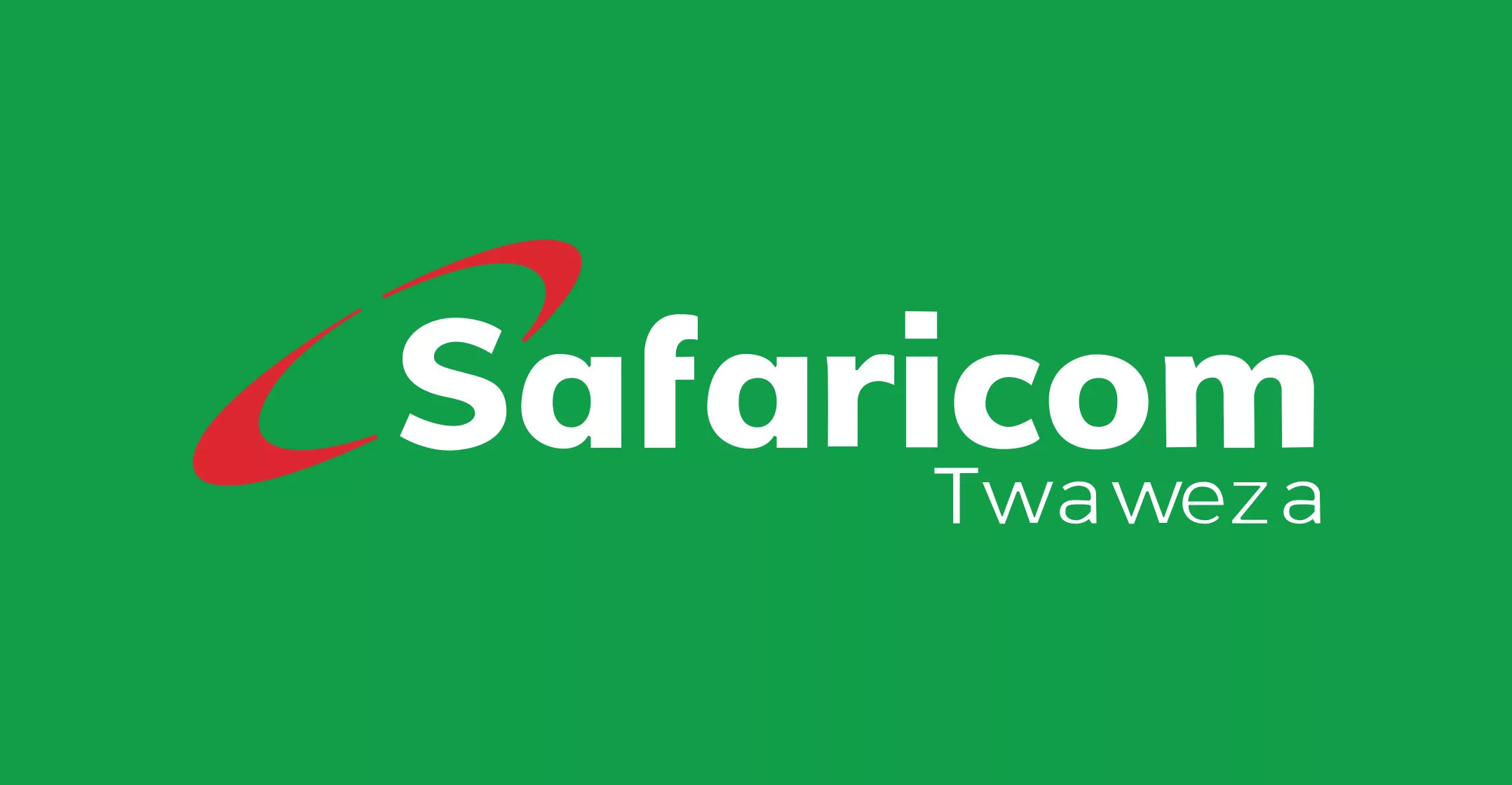 Kenya’s biggest telecommunications operator, Safaricom, is encouraged by the positive outlook in Ethiopia and plans to start operations there this year, its chief executive said on Thursday after reporting a 13.5% rise in group operating profit.
Kenya’s biggest telecommunications operator, Safaricom, is encouraged by the positive outlook in Ethiopia and plans to start operations there this year, its chief executive said on Thursday after reporting a 13.5% rise in group operating profit.
The company, which is 35% owned by South Africa’s Vodacom Group, secured a licence to operate in neighbouring Ethiopia a year ago, but is yet to launch operations there.
Safaricom said in November that the war that broke out in 2020 between the Ethiopian government and Tigray People’s Liberation Front could affect its initial target of breaking even within four years of the subsidiary’s launch.
“Ethiopia has experienced some unforeseen and unprecedented circumstances since our licence award,” Safaricom’s CEO, Peter Ndegwa, told an investor briefing on Thursday.
“We are encouraged, though, by the positive outlook to Ethiopia’s security and political situation, and the return to normal economic activity in most of the areas in the country,” he said.
The group will still launch commercial operations there this year, he added.
To supplement its network, which will launch with a thousand base stations, Safaricom will connect to and eventually share towers with state telecoms firm Ethio Telecom, he said.
“That is an important part of our ability to launch,” he said, adding that a deal on the tower network will be done by the end of this month. The Ethiopian telecoms regulator signed off on the plan for the firms to share infrastructure last month.
M-Pesa soars
Safaricom’s earnings before interest and taxes jumped to KSh109.1-billion (R15.3-billion) in its year to the end of March, driven by its financial services business, it said. In its home market, service revenues rose 12.3%, with revenue from mobile money platform M-Pesa surging by close to a third.
M-Pesa, launched as the world’s first ever mobile phone-based money transfer service 15 years ago, has over the years grown to largely outpace revenues from data and voice.
Safaricom cut its final dividend by almost a fifth to KSh0.75 and guided for Ebit to reach KSh87-billion to KSh93-billion in its year to the end of next March. — George Obulutsa and Hereward Holland, (c) 2022 Reuters




